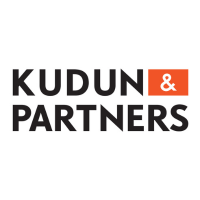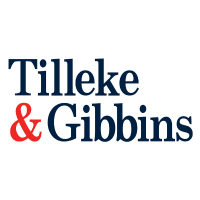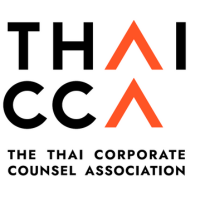
Senior Southeast Asia legal manager | Omise







Nathiya Vivatthananusorn
Senior Southeast Asia legal manager | Omise
What are the most significant cases or transactions that your legal team has recently been involved in?
One of the main cases that kept me busy recently has been leading the team to conduct legal, due diligence on Thai private companies for mergers and acquisitions between private companies and subsidiaries of foreign companies. The business industries of target companies are mainly about the payment business.
I was also responsible for conducting legal research and providing legal advice on an organisation’s restructuring, reorganisation of the company hierarchy, and changes in the workforce.
My team and I designed and developed the personal data management program to ensure compliance with the applicable laws (PDPA).
How do you see the general counsel role evolving in Thailand over the next five to ten years?
General counsel will likely play a more strategic role within organisations, moving beyond their traditional legal advisory function. General counsel may be more prominent in shaping business strategies and decision-making processes.
Technology advancements and digital transformation will likely impact the legal profession, including the general counsel role. They may need to familiarise themselves with emerging technologies, such as artificial intelligence, data analytics, and blockchain, to leverage their benefits in legal operations, contract management, and risk assessment. They may also oversee the burgeoning field of data privacy and cybersecurity initiatives.
Thailand’s economy is increasingly interconnected with the global market and the trend of globalisation. General counsel may be involved in cross-border transactions, M&A, and international collaborations. This would require an in-depth understanding of international laws, regulations, and business practices and the ability to navigate cultural and legal differences.
Lastly, as organisations recognise the importance of legal expertise and risk management, the size and complexity of in-house legal departments may grow. General counsel may lead larger teams of legal professionals with specialised expertise, enabling them to handle a broader range of legal matters internally and reducing reliance on external legal counsel, effectively becoming an internal ‘law firm’ per se.
How important is choosing to work with external lawyers who align with your company’s values? Are you likely to reconsider what firms you work with based on this?
Working with external lawyers aligned with our company’s values is imperative because lawyers who share our company’s values are more likely to have a deeper understanding of our organisation’s goals, culture, and ethical considerations. This shared understanding can lead to more effective legal representation and a more substantial alignment between legal advice and your business objectives.
Therefore, I would place special emphasis on firms with stronger alignment to our company’s values against firms which are not.
What technological advancements do you feel will impact the role of in-house legal teams in the future the most? Which have you found most useful in your legal team?
AI technologies would have the most impact in the foreseeable future. AI technologies can assist in-house legal teams with various tasks, such as contract analysis, legal research, due diligence, and document review. AI-powered tools can analyse large volumes of data quickly and accurately, saving time and reducing manual efforts. Machine learning algorithms can also identify patterns, predict outcomes, and provide valuable insights for legal decision-making. Nevertheless, we have yet to be utilising AI technologies during our work. Although a potentially powerful and game-changing method, AI technologies still need precise and further developments to be more reliable and accurate.
On the other hand, the technological advancement that I have utilised and is now most benefit to my legal team would be system management software, such as workflow management systems and automation tools which helps streamline legal processes, document management, and task assignments. These technologies can help in-house legal teams to improve efficiency, reduce administrative burdens, and ensure better coordination among team members.